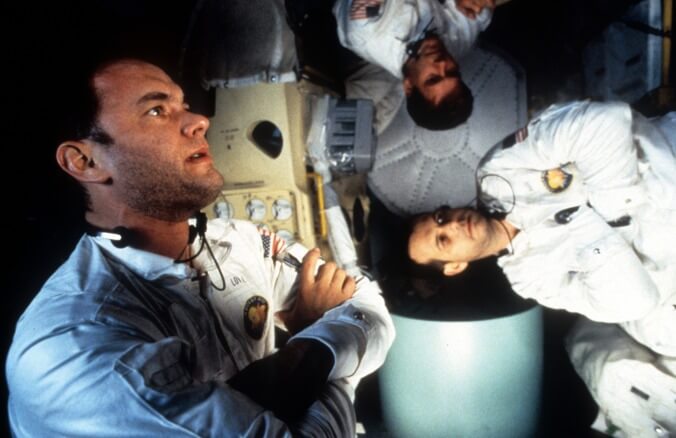Do historical movies about the same event count as the "original cinematic universes"?
 Keep scrolling for more great stories.
Keep scrolling for more great stories.

From the MCU to those thriving, mummy-battling beasties of the Dark Universe, cinematic universes are a big damn deal in movie-making at the moment. And for good reason: Like the comic book multiverses so many of the draw from, nothing gets butts in seats like the promise of doling out the next tiny bit of story for a big, shared narrative. Even if, ya know, it wasn’t on purpose.
That’s the thesis of the above new video from YouTube film critic Patrick Willems, who’s putting forth the idea that there are a whole bunch of CUs that predate the M—just not on purpose. Willems holds up as his primary example the multiple films about the U.S. space program, while also codifying, say, the way The King’s Speech leads into The Darkest Hour, which itself serves as a political, home-life version of the same events from Dunkirk.
Willems himself acknowledges that “Some events in history have multiple movies about them” isn’t an inherently mind-blowing idea, but his video makes some compelling and more nuanced points, highlighting the way that, say, astronaut Deke Slayton—played by Scott Paulin, Kyle Chandler, Evan Holtzman, and Chris Ellis in The Right Stuff, First Man, Hidden Figures, and Apollo 13, respectively—has a recognizable character arc between the different films, moving from an up-and-coming astronaut to a veteran NASA commander. Or the way Steven Spielberg’s The Post intentionally sets itself up as a prequel to All The President’s Men—even mimicking a few famous shots from the earlier film—despite the fact that no one involved in the latter film was a part of the first one.
Willems’ video ends up feeling a little light in terms of examples—our minds immediately leap to Braveheart and the recently released Outlaw King, two very different takes on roughly the same period of Scottish history—but he does make some interesting points about the way these accidental “universes” make for a better variety of film than something more deliberately constructed like the MCU. Presumably as a consequence of, well, being made by entirely different people who weren’t trying to stick to any sort of corporate-mandated house style.
 Keep scrolling for more great stories.
Keep scrolling for more great stories.